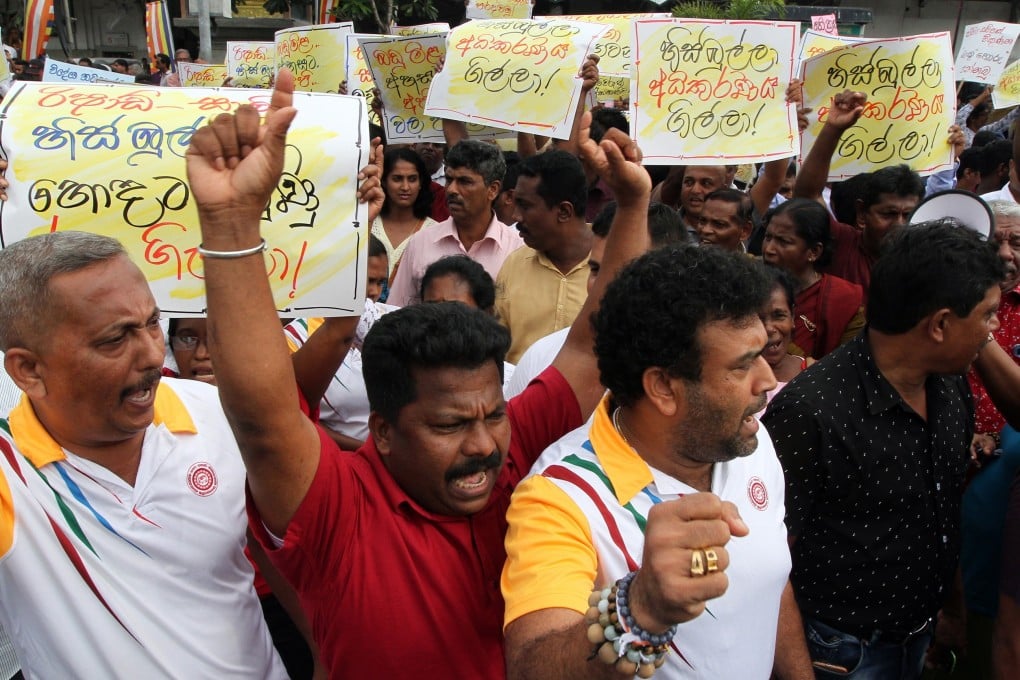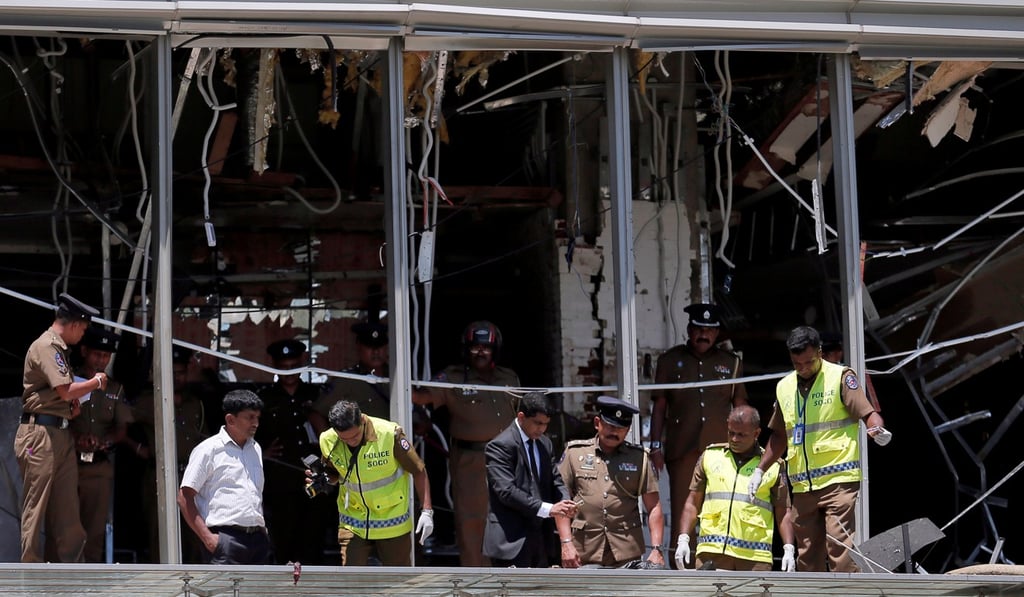Advertisement
Anxiety, fear, guilt: a bleak Eid as every Muslim minister in Sri Lanka resigns
- Muslim ministers have resigned so government can probe whether any of them were involved in Easter Sunday bombs that killed more than 200
- Buddhist monks had rallied the faithful against one minister whom they claimed had links to Muslim extremists
Reading Time:4 minutes
Why you can trust SCMP

Rarely have Sri Lankan Muslims faced the level of persecution they are facing now. They have been besieged and cowed from the moment suicide bombers, apparently doing the work of Islamic State, blew themselves up in three churches and three luxury hotels in Colombo, claiming over 200 lives on Easter Sunday.
On Monday, all Muslim ministers and Muslim Ministers of State – along with two Muslim Provincial Governors – resigned from their posts, saying the government could now investigate whether any of them were involved in the plot, without “hindrance”.

Advertisement
This was in response to a campaign by Buddhist monks who rallied Sinhala Buddhists against a minister in the cabinet, Rishard Bathiudeen, who they claimed had links to Muslim extremists.
Athuraliye Ratana staged a fast unto death opposite Sri Lanka’s most sacred Buddhist site, the Dalada Maligawa (temple of the tooth), demanding the prime minister remove Bathiudeen from the cabinet and banish him from government.
In the face of such protests from the majority community, besieged Muslim ministers seem to have had no alternative but to resign on masse.
Advertisement
Select Voice
Select Speed
1.00x